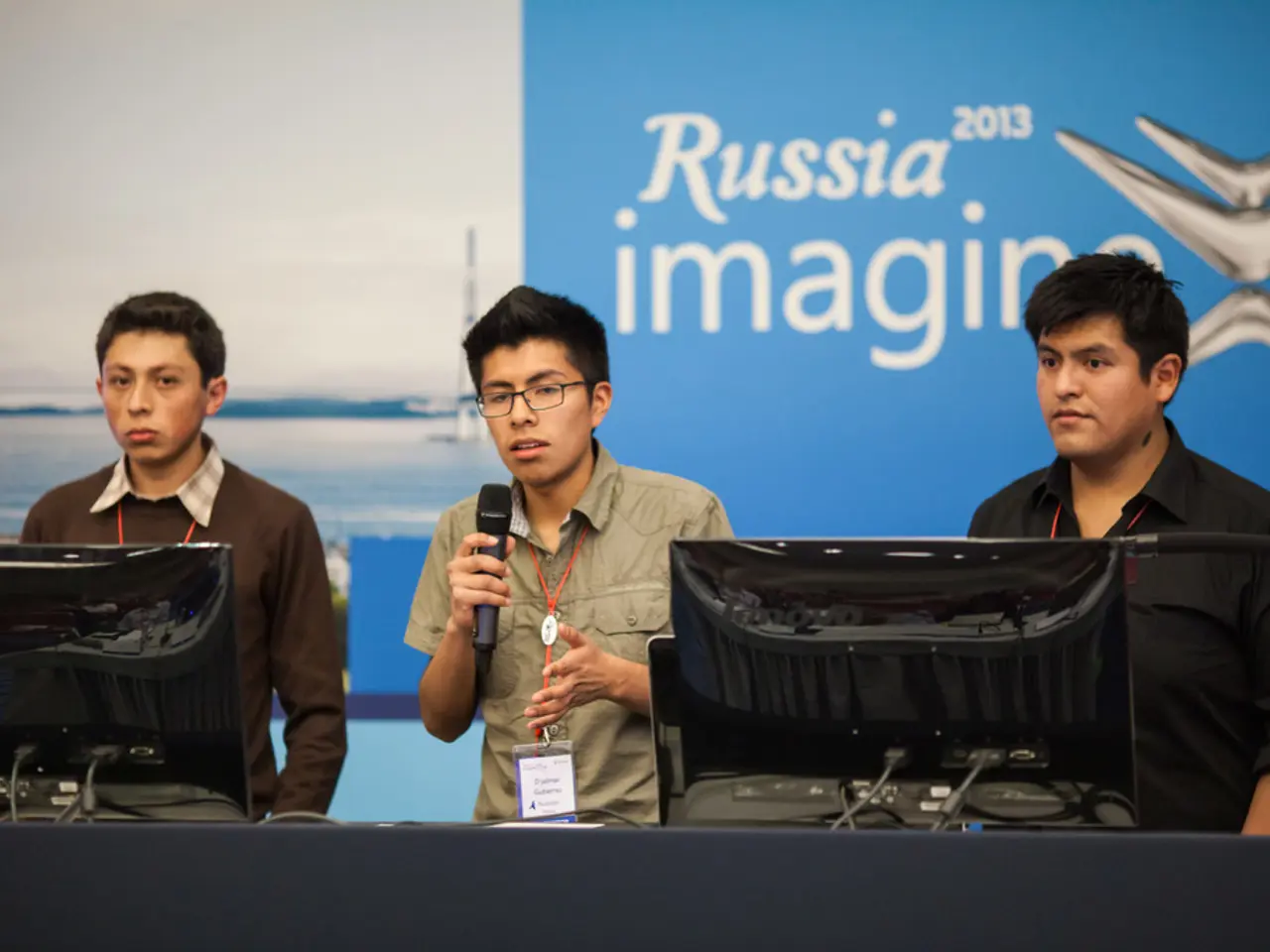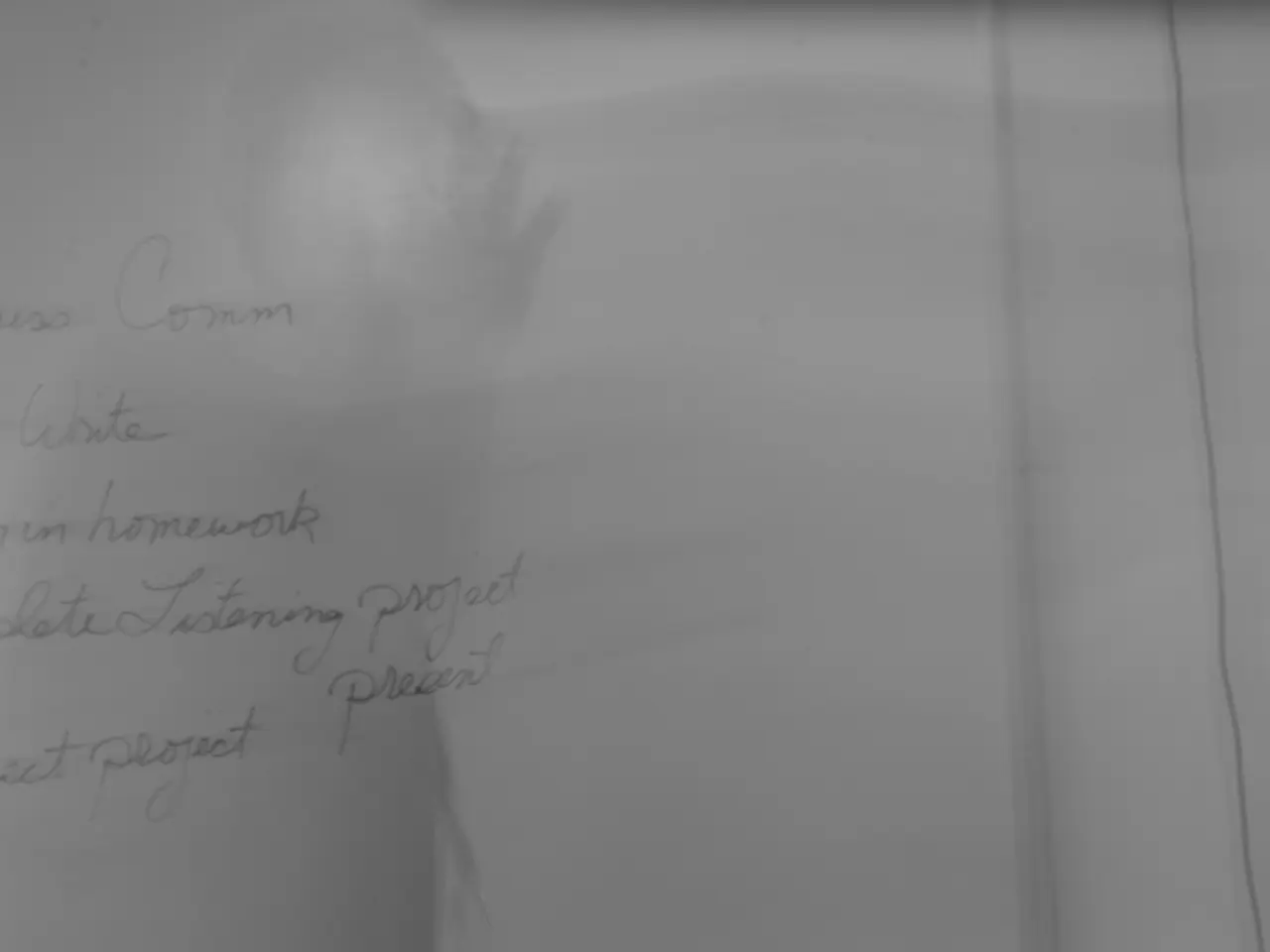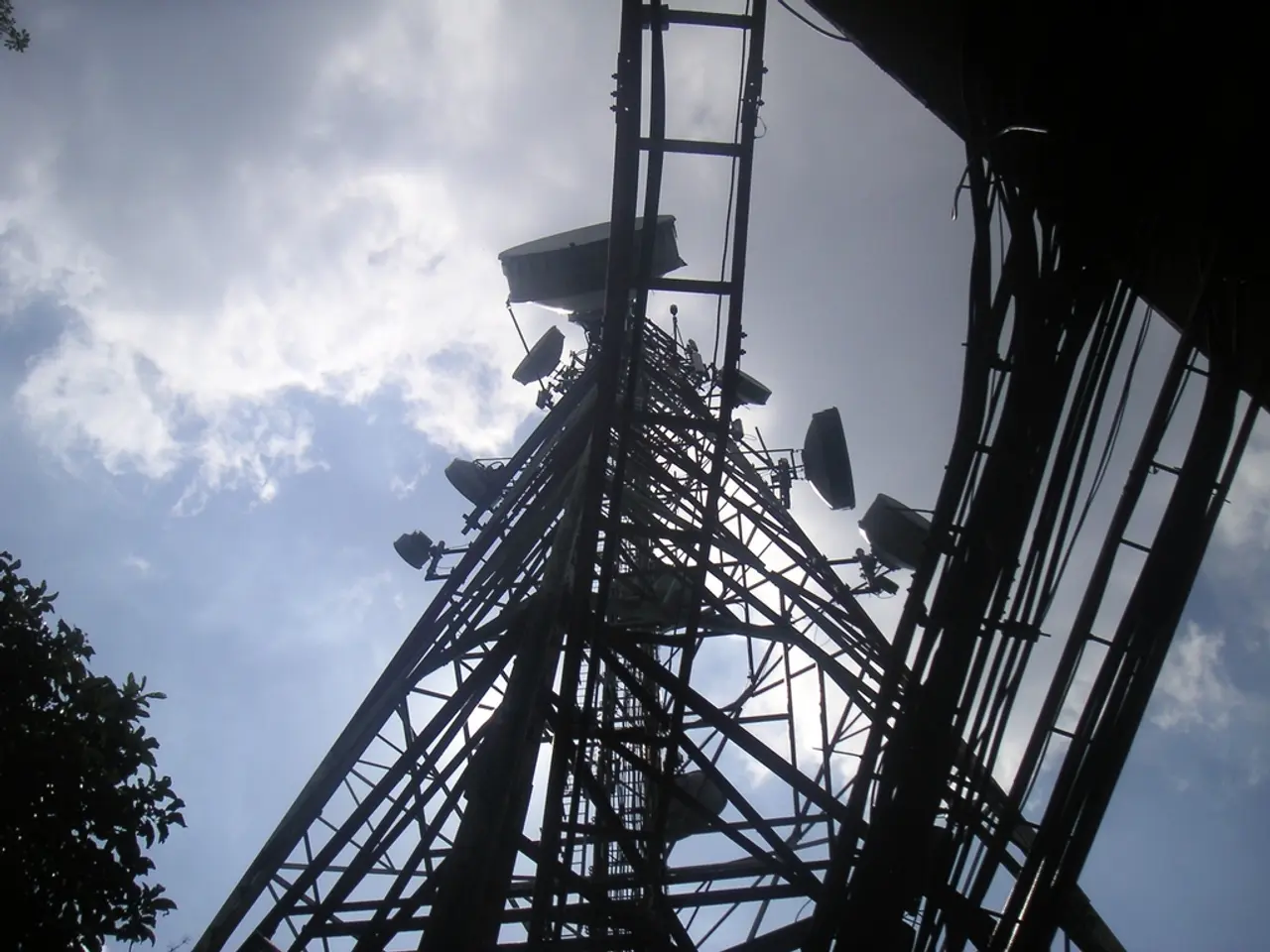Russia faces another round of economic restrictions from the EU, with the 18th sanctions package being imposed.
European Union Imposes 18th Package of Sanctions on Russia
The European Union (EU) has announced the 18th package of sanctions against Russia, intensifying its efforts to pressure Moscow amid the ongoing Ukraine conflict. This latest round of sanctions aims to deplete Russia’s war-sustaining revenues, isolate its financial sector, block military supply chains, and curb methods of sanctions evasion via third countries.
Key Highlights of the 18th Package
- The oil price cap has been lowered to $47.60 per barrel, with a bi-annual revision mechanism, and imports of refined petroleum products derived from Russian crude via third countries (except Canada, Norway, Switzerland, UK, US) are banned.
- All transactions related to Nord Stream 1 and 2 pipelines, including maintenance and future use, are banned.
- A total of 22 new Russian banks, including T-bank, Yandex Bank, and Rostfinans Bank, are now barred from accessing EU financial services.
- The sanctions list has been expanded to include 14 individuals and 41 entities, targeting 26 entities involved in sanction circumvention across China, Hong Kong, and Turkey.
- 105 vessels of Russia’s “shadow energy fleet” have been added to the existing 444, banning their port access and related maritime services.
- The EU has strengthened enforcement against sanction evasion with a reinforced ‘no claims clause’ to block recognition or enforcement of non-EU judgements undermining sanctions.
- Further targets Russia’s military-industrial complex and holds Russia accountable for crimes against Ukrainian children and cultural heritage.
Previous Sanctions Packages
The 17th package, implemented in May, included 17 individuals, 58 legal entities, and 189 ships of the "shadow fleet". It reinforced the oil price cap at $60 and tightened financial bans on Russian banks. The 16th package, adopted on February 24, 2025, included six Russian airports, five sea ports, 73 tankers, 13 regional banks, and several individuals.
Belarus Sanctions
In parallel, similar measures are applied against Belarus. The 18th package includes industrial enterprises and companies from the UAE, Singapore, Mauritius, China, India, and Azerbaijan, linked to Russia. The EU has also revoked the existing permit for the import of Russian oil to the Czech Republic.
These packages represent an incremental tightening of economic and financial pressure on Russia by the EU, aiming to deplete Russia’s war-sustaining revenues, isolate its financial sector, block military supply chains, and curb methods of sanctions evasion via third countries. The inclusion of related Belarus measures and enforcement mechanisms shows an evolving and comprehensive approach to uphold sanctions efficacy.
[1]: [Link to official EU press release] [2]: [Link to detailed list of sanctioned entities] [3]: [Link to EU sanctions FAQ] [4]: [Link to EU sanctions timeline] [5]: [Link to EU sanctions impact assessment]
- The ongoing war-and-conflicts between Ukraine and Russia have led to extensive policy-and-legislation from the European Union (EU), with the recent 18th package of sanctions against Russia aiming to deplete war-sustaining revenues and isolate its financial sector.
- The 18th package of sanctions also contains politics-related elements, as it includes 14 individuals and 41 entities targeted for sanction circumvention via third countries, with the EU strengthening enforcement against sanction evasion and holding Russia accountable for crimes against Ukrainian children and cultural heritage.







